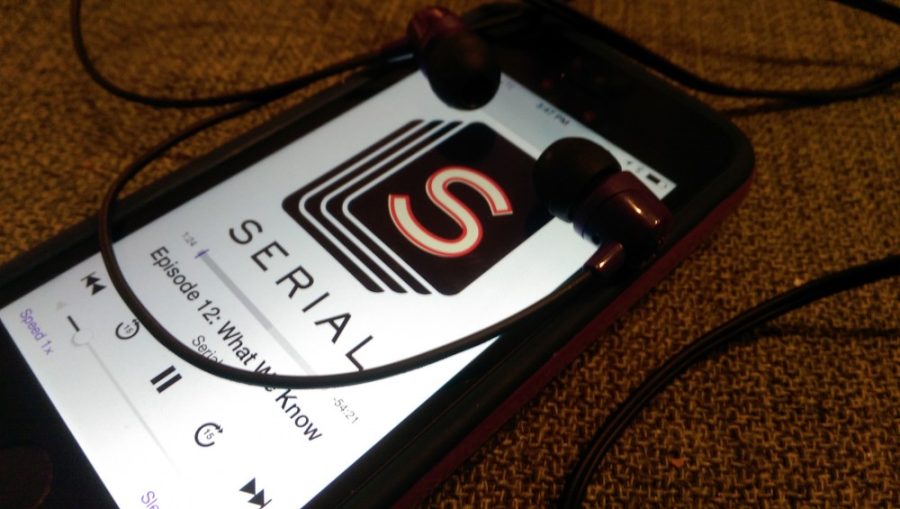The “Serial” podcast began as an experiment in the basement of “This American Life’s” Sarah Koenig. Each season follows a single nonfiction story, told in weekly installments. Since its release, “Serial” has accumulated a large, devoted fanbase. It’s been nominated for many awards and frequently holds the top position on iTunes.
“Serial’s” second season began on Dec. 10, 2015, and follows the tale of former prisoner of war, Sgt. Bowe Bergdahl. Bergdahl was captured by the Taliban in June 2009 after voluntarily walking off his base in Afghanistan. He remained in Taliban custody for the next five years, until May 2014 when the United States traded five members of the Taliban for his release. His reasons behind leaving his station are currently unclear and have been subject to speculation.
“Serial” approaches Bergdahl’s story through a series of phone conversations he had with popular filmmaker Mark Boal, as Bergdahl is declining all other media interviews, and original, firsthand reports from those close to Bergdahl’s case. It’s unclear what filmmaker Boal plans to do with his extensive conversations with Bergdahl, but some speculation has arisen about a potential film.
The podcast displays the perceptual duality of the events — even offering first-hand accounts from members of the Taliban. Gaps in the story are often speculated by the show’s host, Koenig.
While in Taliban custody, Bergdahl reports being severely tortured; stating that he was locked in a dark room for the majority of his time in captivity, surviving only by small bits of food tossed to him by a few sympathizers. In his rare moments of clarity, Bergdahl would brainstorm ways of escaping or avoiding torture. At one point, he began to cover himself in feces to dissuade guards from coming near him. He figured, if nobody wanted to go near him nobody would torture him.
In an attempt to give listeners a well-rounded vision of Bergdahl’s situation, “Serial” places emphasis on the rare acts of kindness by Afghanis not associated with the Taliban. In one scene, an old man offers a different prisoner a cup of water, and in another, a woman gives Bergdahl scraps of her food.
The United States’ reaction to Bergdahl’s coming home has been been far from positive. Many claim that he’s a traitor, and was working alongside the Taliban. Donald Trump himself referred to Bergdahl as being a “dirty, rotten and no good traitor.” Bergdahl is currently facing court-martial with the possibility of life in prison.
While the overall tone of the show is serious, Koenig does an excellent job of portraying the comical, and often times humane, aspects of the story. “Serial” presents its listeners with a rounded account of events, allowing listeners to form their own opinions and speculations.
The next episode is scheduled to be released Thursday and runtime for most episodes clocks in at roughly an hour. To listen, download “Serial” on iTunes, Pandora or visit serialpodcast.org.
Follow Jonathan Terry on Twitter.









